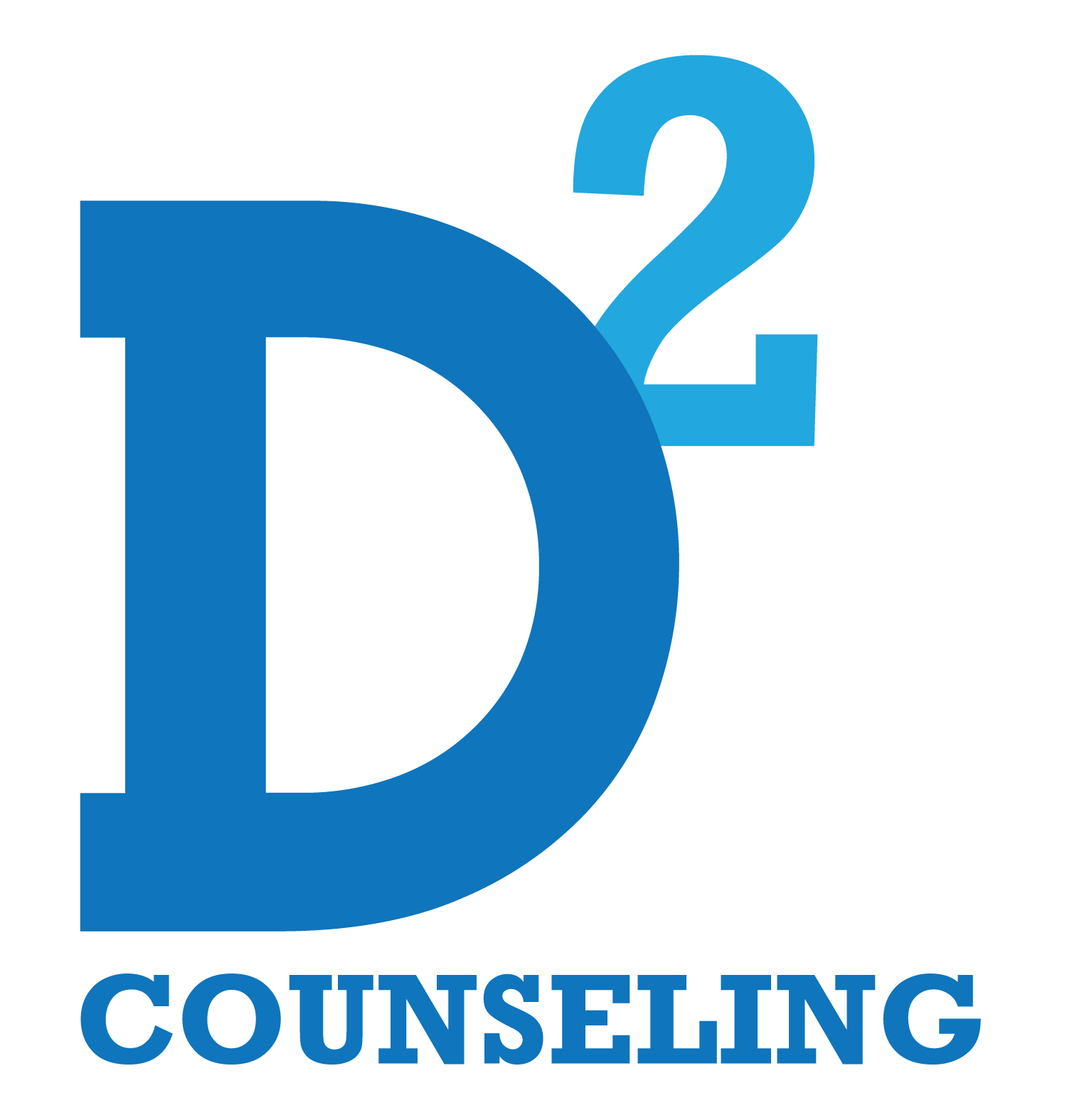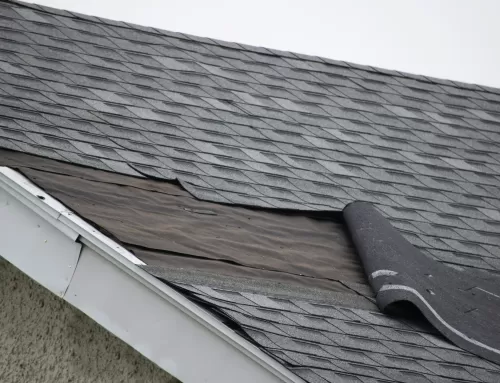Mental health and addiction treatment options are often difficult to find and are within a system that is difficult to navigate. The pendulum of excess for treatment options peaked in the late ‘80s/early ‘90s. The swing cannot rebound much more to the other extreme. As a society we desperately need to move back towards a sane balance where people in need truly do have more alternatives to treatment, health and recovery.
However, even today there is a solution for those suffering from addictions. The natural progression of addiction continues to drive individuals to new bottoms. But in this downward spiral there is hope. With each new low is the opportunity for the addict or alcoholic to move through their denial and seek recovery. Twelve Step groups such as Alcoholics Anonymous and Narcotics Anonymous do work and they are widely available. Early AA quoted a recovery rate that is seemingly higher (over 50%) than current recovery rates suggest. There is significance in this and it is actually positive in that in earlier times (AA began in the ‘30s) only low bottom cases were able to grasp the steps and principles necessary to move to recovery. It had finally become “bad enough”. If one suffering from addiction finds that it is now “bad enough” recovery can be achieved. They can step off the downward spiral before it crashes at the bottom.
The tremendous value in 12-step groups is that they are widely available, the program is affordable and it works. But willingness is the key. They are programs for those that want recovery- not necessarily for those that need recovery. As a clinician I would prefer to prescribe medical detoxification followed by in-patient treatment that would progress to long-term support and recovery. This isn’t always practical or affordable. But recovery is available to the suffering by going to meetings and investing fully with the experts on abstinence. To the suffering I would say, “Go and do what they tell you to do.” They have a vested interest in making recovery available to you in sharing their experience, strength and hope, and recovery is possible. If you are unwilling to choose this path and still insist on doing it “your way” you might pause a moment and reflect on how well “your way” has worked so far.
Addiction to alcohol or drugs is very much related. 12 Step groups have emerged to focus on one issue or another and their traditional approach is designed to maintain an integrity and survival of each group around a specific issue. But the pure addict or the pure alcoholic is rare. Often the addict doesn’t wish to admit that alcohol may be a
problem (they are reserving their right to get high with a liquid) and the alcoholic doesn’t wish to include their prescriptions or other drugs in their abstinence. Many (including myself) believe that AA was divinely inspired-and is probably not coincidence that one of the co-founders, Dr. Bob Smith, was addicted to both drugs and alcohol.
Perhaps, surprisingly, I make more referrals to Al-Anon than I do to other 12 step groups aimed at the alcoholic or the addict (such as AA or NA). The number one feature of this disease is denial and family of the addict or the alcoholic often sees the addiction much clearer than the user. The Al-Anon Family Groups are a fellowship of relatives and friends of alcoholics who share their experience, strength, and hope in order to solve their common problems. Addiction is a family disease. As such all members suffer, not just the alcoholic or addict. Al-Anon provides relief. The family of such an alcoholic usually needs relief as bad as the addict does. As an indicator, if you have read to this point and have decided you need to give this article to a friend or relative who is addicted, you probably will benefit from attending Al-Anon. Until a surrender of “I will do whatever it takes- even to go to THOSE meetings” occurs, the untreated will continue to suffer. (This statement addresses both the addict and the family members!)
Medical detoxification is often necessary. This is available as emergent medical care. Emergency rooms cannot turn people away who need serious medical attention simply because they do not have insurance or cash. (They are also not going to spend much money or energy on a patient beyond the crisis). So the patient must step into recovery immediately following detoxification or the relapse is almost certain. Go to a meeting today. There is a solution.
Rev. Daniel Gowan, LPC-S, CSAT and Dr. Dina Hijazi, PhD, CSAT are Co-Founders of D2 Counseling and lead a quality team of mature, experienced therapists that specialize in children and family as well as individuals, couples and groups. They take an active and engaged approach and work with marriage and family counseling to depression, anxiety and dependency issues with offices in Plano and Far North Dallas. www.D2Counseling.com 972-975-9100




